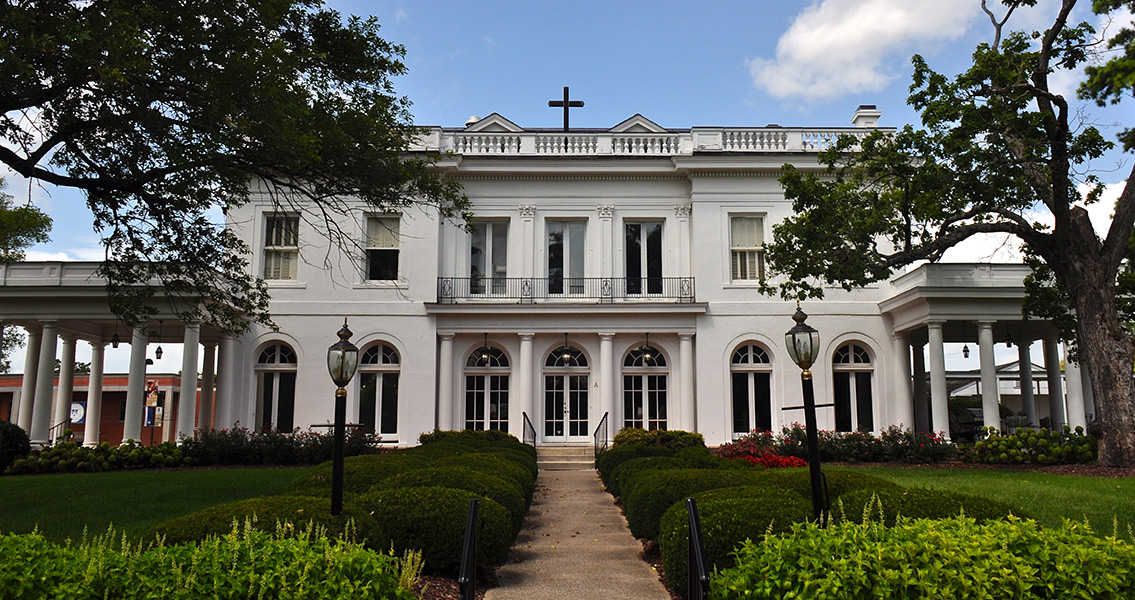<![CDATA[Construction workers at Tennessee’s Aquinas College received the shock of a lifetime when a historic cemetery was discovered beneath their feet while they were finalizing the building of a new residence hall. Workers were leveling the ground in front of the new dormitory when a tombstone, long submerged in the dirt, resurfaced. More than 140 years old, the inscription was clear to read: the headstone recorded the death of Charles Bosley, who had passed away in 1870 at the age of 93. The revelation set off a flurry of activity. A member of one of the most prominent of Nashville’s early families, Bosley once had a farm on the site of Aquinas College’s Dominican Campus – in fact, a street named for the family – Bosley Springs Road – was once part of his property. A well-known nineteenth century figure, local historians know much of Bosley and the rest of his family; scholarly articles dating back to at least 1969, refer to him as a wealthy and rugged individual. With the new discovery – and the revelation that Charles Bosley was not the only member of the family interred beneath the gravel parking lot outside the nearly complete Siena Hall residence building – construction was halted. Construction leaders contacted state officials, who then dispatched a team of researchers to the site, headed by Ben Nance, a historical archaeologist from the Tennessee Department of Environment and Conservation (DEC). According to an article in The Tennessean, Nance remarked that so far two grave shafts have been discovered at the cemetery. However, the likelihood of discovering more remains high. To date, there are at least ten discovered gravesites present at the long-buried cemetery; five of the graves still bear markers, including Mary, Bosley’s infant daughter who died in 1825, and Bosley’s wife as well. The Tennessee DEC partnered with excavation firm TRC Companies Inc. to provide the heavy equipment and manpower to conduct the lion’s share of the dig. TRC archaeologist Jared Barrett, who has been involved in several Nashville-area digs, characterized the find as celebratory; finding something that has been lost to history for more than a century is a thrill, Barrett told The Tennessean. With Nashville gaining in popularity, leading to new construction and renovation projects, thrilling finds such as the Bosley cemetery have become increasingly common. It’s no surprise to local developers when cemeteries such as the one at Aquinas College are uncovered, according to Nance, who added that many early Nashville families would have started their own cemeteries, especially since most of the areas outside of downtown Nashville were farmland. The only thing needed to start one of these cemeteries was a shovel, the archaeologist remarked. While there are graves and headstones buried beneath the ground of Aquinas College, it’s likely that the site does not host any human remains. Eleanor Whitworth, a descendant of the Bosley family, remarked in an interview that the bodies were relocated in the 1920s. Researchers plan to conduct thorough analysis to ensure the site is indeed devoid of any remains. ]]>
Historic Cemetery Unearthed During College Renovation
